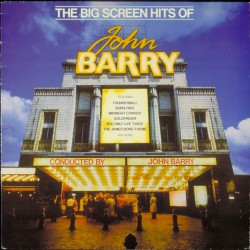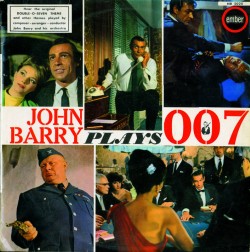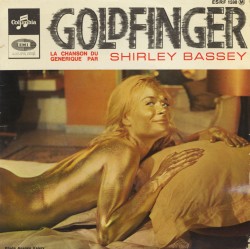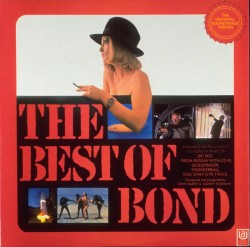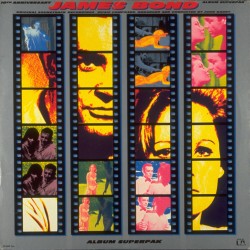MMMM
Review by Stephen Woolston
The troubled musical history of this film is famous. And understandable. The movie is an enjoyable affair but a narrative mess. Is it a sincere study of the sadness of old age? Is it making a nonesense of the construction of myths? Is it a good old British period comic romp? Or is it a love story? At different times it is each of these, but it doesn't know in which of these themes to rest it's final moral. It seems the creative forces involved - director Lester, writer Goldman, and producer Stark - all wanted to pull the film in different directions. Stark, in hiring John Barry to replace Michel Legrand's score, plays his ace card to finally win.
Ordinarily, a producer bringing in a composer to write a good old fashioned Hollywood romance score against the director's more profound conceptions would smack of the low brow. Barry himself is unlikely to have approached this any more profoundly than as a job of work. After all, his life was in a hurry, he had only two weeks and a producer's brief that said little more than 'don't get smart, just give me a love theme they'll remember'. Yet Barry pulls it off tremendously. His theme is one of the greatest love themes in cinema history. And the score has much more. Militaristic marches, pastorals for the country, and some dark study of the internal angers that drive the main characters. He successfully ignores the tug-of-war going on in the film to bring it the only unity the film has. This is one of those examples where, through a coherent music score, Barry most definitely improves an otherwise messy film.
The score was originally issued in short supply on a promotional LP, containing the two Barry cues that were replaced in the final film. It was, however, mono. A more recent bootleg CD was lifted from the isolated score track of the American laser disc, but this did not include the two unused tracks and presented the music with varying sound levels and crude cuts. This is a complete recording in stereo (Dolby Surround, in fact), and having the unusual advantage of being recorded from the original manuscripts, the score is captured in almost perfect form. Only in a very few places can you feel the difference. It clearly becomes the new champion for authenticity in Silva's repertoire. Jon Burlingame's notes reveal interesting facts about the score and Richard Shore's previously little known involvement. Another must-have for lovers of Barry, and for lovers of romantic film music in general.
Stephen Woolston







